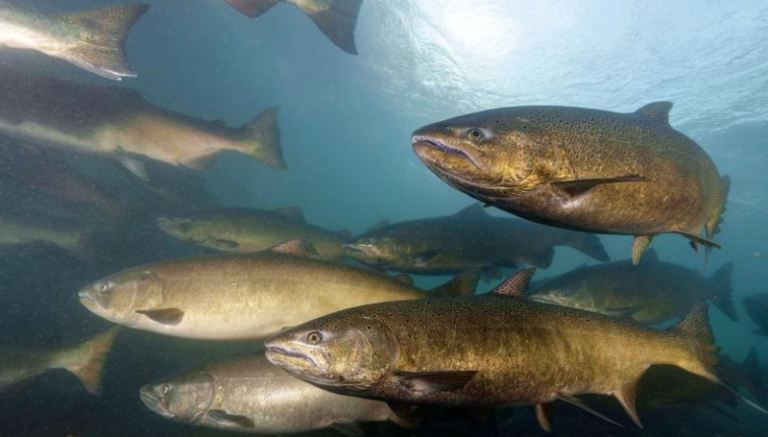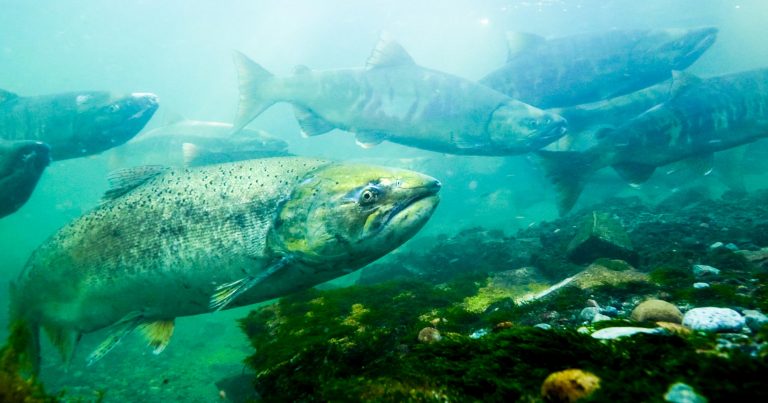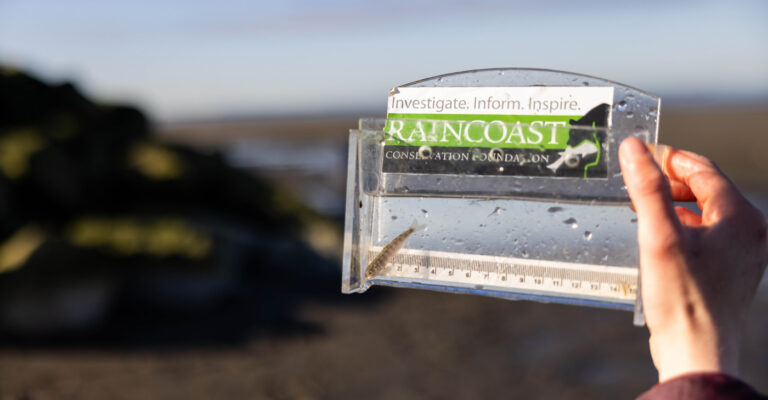Government’s failure to issue emergency order puts Southern Resident killer whales at greater risk
Conservation groups are warning that the federal government’s decision not to issue an emergency order to protect southern resident killer whales has put this iconic and critically endangered population at greater risk of extinction.












